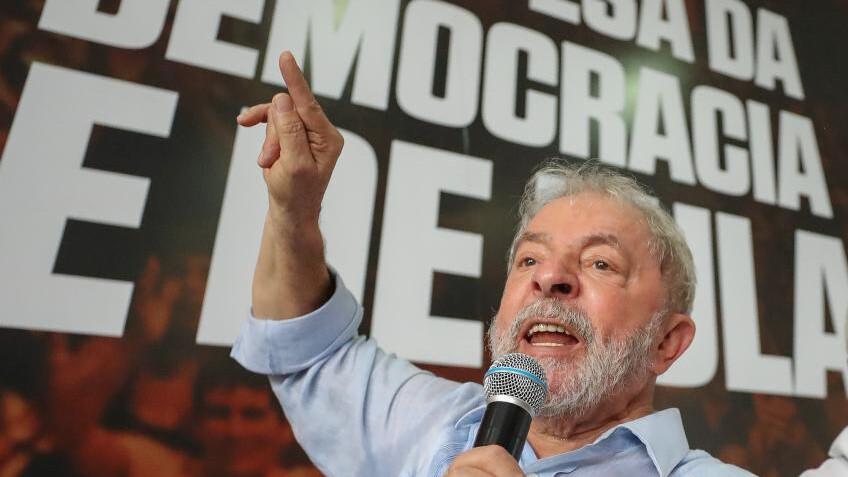Lula Ruling Blows Brazil Race Open
The rejection of Lula’s appeal against a corruption conviction may remove Brazil’s most-popular politician from this year’s presidential elections...

On the 24th of January a Brazilian court dismissed an appeal from former President Luiz Ignacio Lula da Silva and upheld a June 2017 corruption ruling against him. To add insult to injury, judges also decided to increase his prison sentence to 12 years, up from nine. Markets rallied on the news, with Brazil’s stockmarket, the Bovespa, reaching all-time highs, while the Brazilian real jumped 2.6%. Investor optimism was based on the assumption that Lula is now unlikely to stand in this October’s presidential elections as criminals with upheld convictions can’t hold public office in Brazil.
Misplaced confidence?
Investors appear apprehensive of a Lula victory, despite the fact that he presided over Brazil’s ‘golden decade’, as they worry that he will undo some of the market-friendly reforms of current interim president Michel Temer. Yet the market’s optimism seems misplaced on two fronts. Firstly, Lula has not exhausted all of his appeal options and will likely take the case to the Supreme Court. Moreover, he can also appeal for a temporary injunction, which would allow him to stand for election. Secondly, if Lula can’t stand, it’s quite possible that someone even less palatable to investors could take his place.
"If Lula can’t compete then the race is blown open…"
At present Lula is the front runner in presidential polls with 34%, well ahead of right-wing populist Jairo Bolsonaro with 16% and environmentalist Marina Silva who trails with 8%. If Lula can’t compete then the race is blown open. In theory Bolsonaro would be in prime position but his controversial, Donal Trump-like, style makes it unlikely he could form a coalition. In practise a race without Lula would go down to the wire, in an election likely to see last-minute swings and dark horse candidates – ie the type of uncertainty that markets hate.
Economic strength
The other reason for the investor optimism is the economy - Brazil looks in good shape. Industrial production is on a steady roll, having expanded in seven of the last eight months and currently growing at around 5% per year. With unemployment coming down from peaks and wage growth starting to pick up the prospects look good for the consumer sector too. Finally, falling inflation means that interest rates can stay low, which should give extra juice to the economy. “The cyclical forces driving Brazil’s economic recovery are likely to strengthen over the next six to 12 months”, says Neil Shearing from London-based consultancy Capital Economics, which has an above-consensus target for the country’s GDP growth this year. That economic momentum will help whoever comes to power tackle Brazil’s remaining economic problems, namely “a budget deficit of 9% of GDP and a pension system that’s unsustainable”. The question is: will the electorate pick someone willing to take those steps? At the moment the market seems to be assuming it will. We’re not so sure.